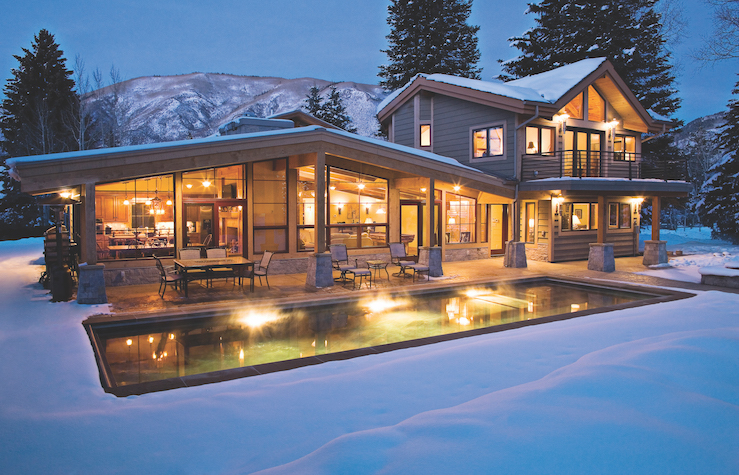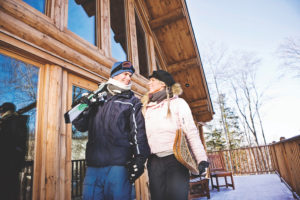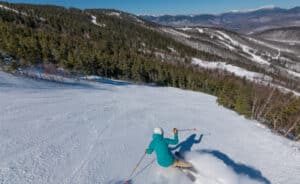
On Jan. 21, 2020, I sat in a gymnasium in North Conway, New Hampshire, listening to resident after resident speak out against short-term vacation rentals in their town.
“This used to be such a quiet community,” said one gentleman, echoing what five before him had said. Most who spoke seemed to be in their 60s or 70s, and echoed one another’s concerns about a family town becoming a party town.
North Conway and its surrounding communities are typically quiet during the week from Labor Day through Memorial Day. It’s nearly impossible to take a trip to the grocery store or grab a coffee at Frontside Coffee Roasters without running into five people you know, engaging in quick conversation about the ski conditions at Wildcat Mountain or the new mountain bike trails on Hurricane Mountain.
But on weekends, that seems to change. Traffic builds on Route 16 heading into the village, and a few well-known short-term rentals around town grow a bit louder, with visitors having a few beers over a bonfire well into the evening. And with these vacationers comes the economy that allows these small mountain towns to thrive.




